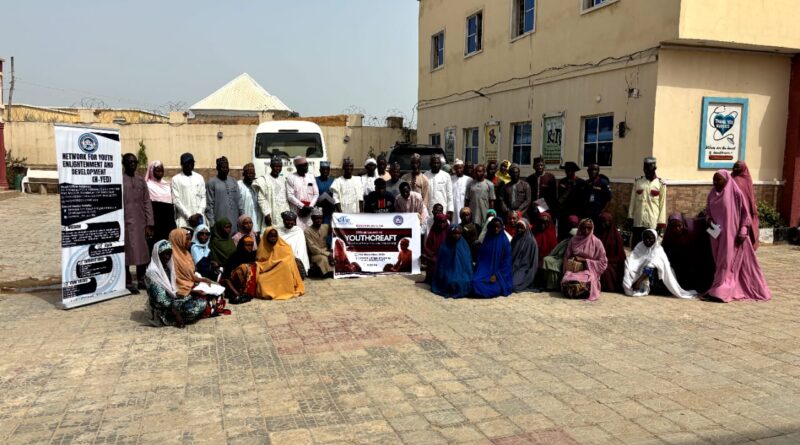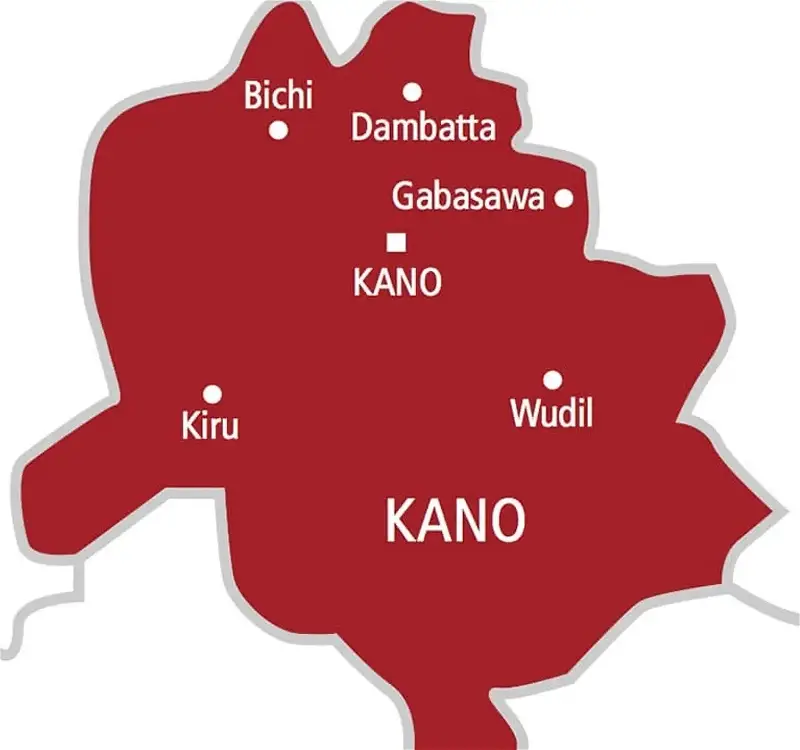CITAD, N-YED launch digital training for out-of-school youth in Kano
The Center for Information Technology and Development (CITAD) in partnership with Network for Youth Enlightenment and Development (N-YED) has launched the Youth Out-of-School Creativity Filter Programme in Kano, aimed at empowering out-of-school youth with digital skills.
Speaking at the launch on Saturday, Ibrahim Nuhu, the coordinator of the programme, said the initiative is the first of its kind in Kano.
“We go to communities to identify youth who are out of school, map them, and give them digital training so they can become self-reliant in their future,” he explained.
Nuhu emphasized that the programme is designed to promote digital inclusion.
“Out-of-school youth have been left behind for many years. Through this programme, they will have access to technology and the skills they need to improve their lives,” he said.
The first batch of the programme will run for six weeks, during which 20 selected youth from Medile community in Kano will undergo basic digital training.
“After the six weeks, we will continue mentoring and coaching them so their creativity and potential can be fully developed to help themselves and their communities,” Nuhu added.
According to him, the programme targets youth aged 18 to 35, particularly those who did not attend primary or secondary school.
“We define out-of-school youth as anyone who reached school age but did not attend school.”
Nuhu also stressed the importance of community involvement in sustaining the programme.
“We want community to take ownership of the program. That is why we asked them to urge provide venues, identify the out-of-school youth themselves, and support the logistics.
“Our role is only to assist with digital skills. By doing this, the community takes ownership and ensures the programme continues,” he said.
Abdulsalam Haruna Suleiman, the Executive Director of N-YED, also explained that the project started with a pilot in the Medile community and will later be expanded to other local government areas across Kano.
“We brought together relevant ministries and stakeholders to collaborate and make this programme a reality,” he said.
“The initiative aimed to train 600 youth in one year after the first batch and also linked them with relevant agencies to access job opportunities that promote self-reliance and independence.
Suleiman emphasized the importance of active participation by the youth.
“Those selected for this project must give their maximum attention.”
Suleiman also called on the government to partner with the organisations to achieve the project’s goals.
“We call on government to collaborate with us and support this initiative to help us reach our target and fulfill the objectives of this project,” he added.





